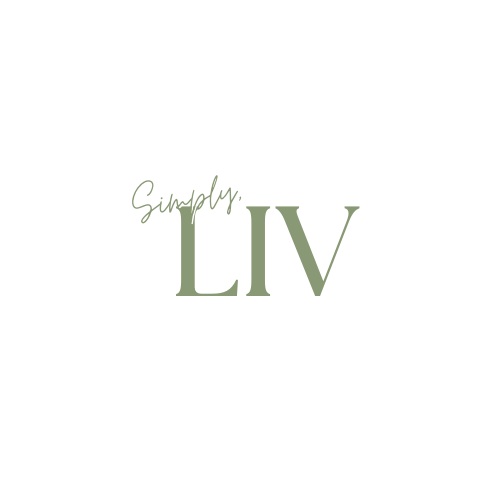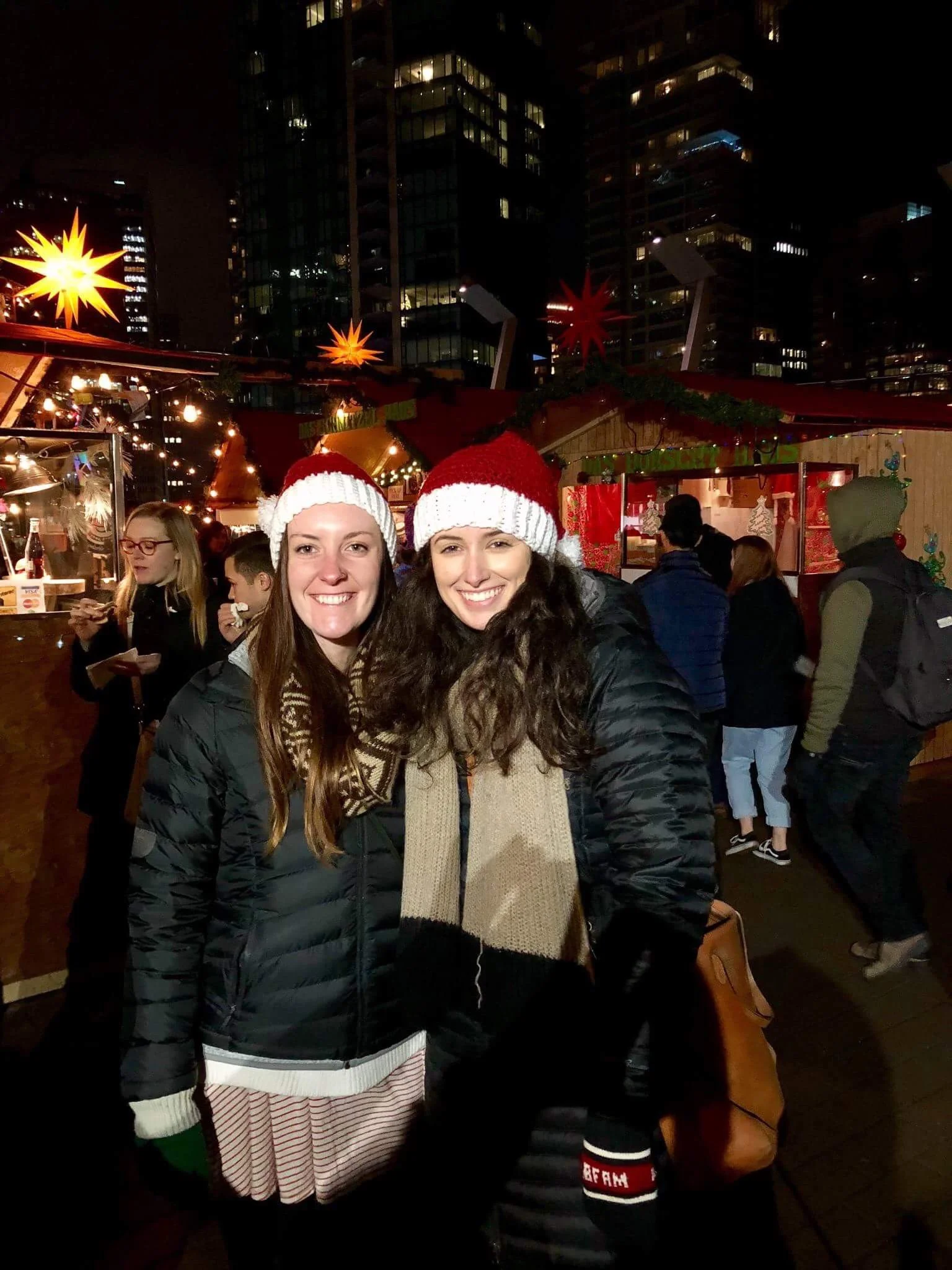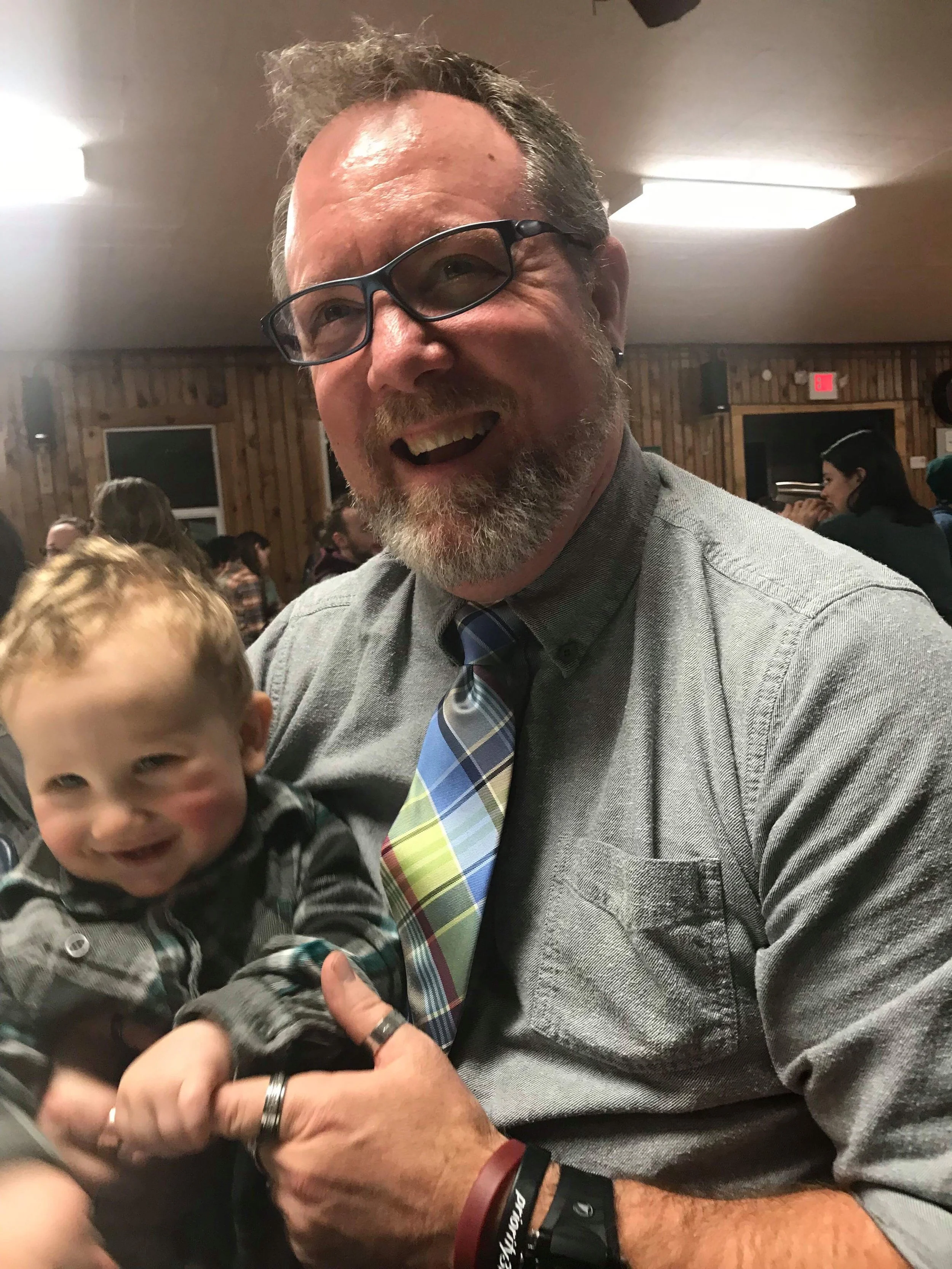Stories of Dressember || Cayla
I remember when I first started to become aware that the world wasn’t as rosy-colored and full of magic as I once thought. I remember beginning to notice that some people lived with much, and others with little. I remember that I initially wanted to look away, thinking, why would I want to let such a painful reality taint my picture of the world?
But I looked; I looked and I read. Then I met a boy named Samuel and a child named Joy. Both of their mothers sold sex as a means of living. I wrestled with what that meant.
For me, college was a time of expanding my breadth of knowledge about the world and the perverseness it carried. I asked myself questions, like, “what is human trafficking?” I filled my time with documentaries, books, classes, and conversations to get to the bottom of these thoughts consuming my mind. I remember when I learned that the town I lived in was an actual hub for human traffickers, and that the street which housed my favorite Thai restaurant doubled as a traffic-way for sex trade operations. Who knew? I didn’t. I didn’t know that most of my clothing was made by people who were coerced into their job for various reasons, and had little to no chance of escape. I didn’t know that my iPhone, jeans, t-shirts, and chocolate were made by hands who didn’t have a choice in the matter. I didn’t know.
But now I know. I have known for a while now. So, now what? Do I wear a dress in December? Is that what I am supposed to do? Yes. It starts there, but I want to push further. For me, this process has been learning about my impact on the world and how I should use my knowledge. I try to buy ethically and research before I make purchases. Although I am not perfect and I tend to give in to mass consumerism many times over, I have generally moved toward living a life that uses my dollar as a tool for change. (If you want more information on this topic I recommend reading an article written by my friend, Savannah, on the topic.)
While I find this incredibly beneficial, I am going to suggest something a bit different. I am going to recommend using our money as an investment tool. In the past, after hearing an interesting talk from an anti-human trafficking initiative or missionary, I would donate some money. Other times, I would buy a product from a specific ethical company/organization, but it was always on a ‘here and there’ basis. While this is all good, I realized that this is a shallow way to invest in justice. Here is why: non-profits, missionaries, NGOs, etc. are on the frontlines in creating spaces for freedom, value, and dignity to people who may have never had the option. When we give, we are participating with these organizations and others in this process. We are part of making it possible. Those companies rely on investors who are consistently giving to their mission. Giving continuously versus sporadically marks the difference between an insignificant, shallow impact and a deep, lasting, relational impact when invest into a specific place.
Maybe you are like me and you have the information. You have learned and felt that the world is not right. This is what I would say to you: keep learning, because we should always be growing in our understanding. However, now it is time to take action. Our money matters. I recommend researching people and organizations that align with your passions, and then choosing one to invest in through long-term, regular giving. You can start small. $20 a month may not seem like a lot, but as you invest you will be participating in more than just knowing about something: you will be walking into a place of deep impact.
Words by: Cayla, Bellingham, WA




